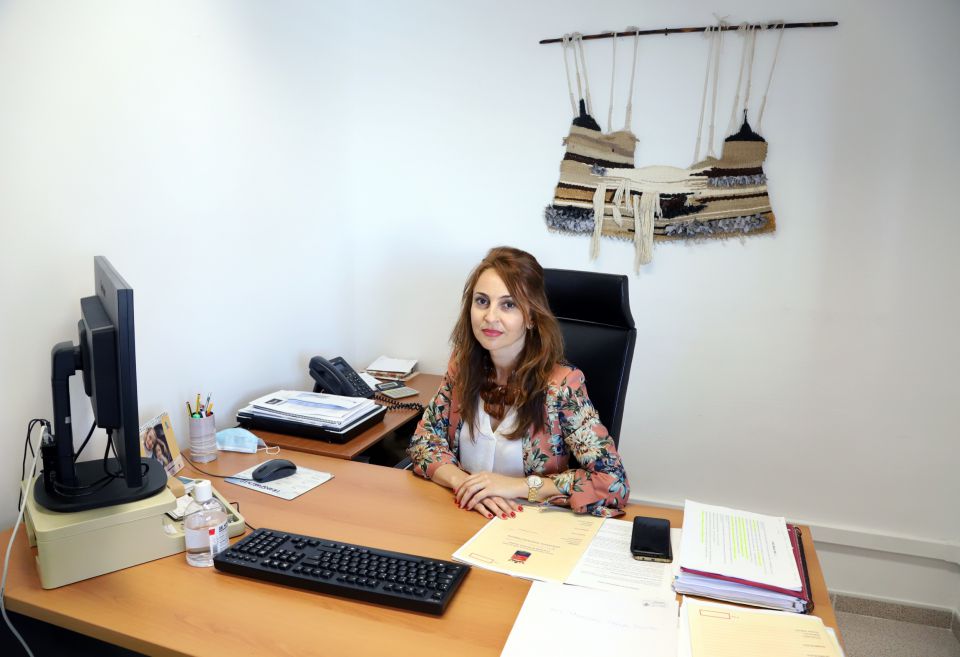Adeje will spend €88.4 million this year with a budget estimate that could rise to €90.5 million. With some adjustments local tax payments due from individuals and families in difficulty have been made more flexible, some local taxes, such as rubbish payment, have decreased, with the council using the 2019 budget surplus. This important economic injection is coming from two sources – the normal annual budget and the use of the 2019 surplus, which is in the region of €10 million.
Use of this funding in 2020 is a new development, and the department will use the maximum permitted for social emergencies - €2million, with up to €8 million to be used to aid in reactivating small and medium enterprises and the self-employed who have suffered greatly, and whose survival is an essential part of the reenergising of the local economy.
The projected funding for social services means, in effect, an increase of around €400,000 in relation to last year’s spending. Councillor Mercedes Vargas Delgado explained that “as well as a financial increase in the social emergency section, which will help meet the needs of those most vulnerable, we have also increased our social worker team, people working to meet with our residents and manage the social emergency assistance, as well as with the monies available from other administrations, such as rental assistance through the PCI (a regional assistance programme). Our priority is to look after the most vulnerable to see what we can do to alleviate the damage this health crisis has caused”.
The budget has also made provision for increased needs for the local food bank and home delivery of foods, with 35 families currently being looked after. Another part of the work of the people from the Community Welfare department is helping those and other families and individuals to register and receive the necessary documentation which will make future petitions for assistance much easier to process.
Also improved is the home visit service, with three new members on the team, visiting those members of our community who have difficulty leaving their homes to cover their basic needs.
Care for Adeje’s elderly
The councillor who is working on care for the elderly, José Antonio López Delgado, is underlining the importance of training in sensitivity in caring for the environment as part of our health programme, and developing healthy lifestyle habits that will encourage an independent life by giving the older residents the tools and training to care for themselves.
He is encouraging older residents to involve themselves in workshops and activities organised by the council, particularly those who may be at risk of social exclusion. Such events and activities will help combat unwanted solitude and help in mental and physical stimulation, with professionals on hand to help. There are also plans in place to encourage more older residents to attend and enjoy cultural events, both locally and in other parts of the island.
Another of the strategies being followed is the improvement and diversification of the programmes in training and use of new technologies for the older residents, which will help with cognitive functions.
Social services – Covid 19
Given the situation caused by the Covid-19 pandemic, the department of Community Welfare has backed up the services it is offering to those most in need, one branch dedicated to those most affected and with basic needs. Those affected can ring 922 756238/922 050151, Monday to Friday, 8am – 2pm, and for the elderly and particularly vulnerable there is an emergency number – 600 144 855.
The basic necessities that are available through ringing the numbers above include food stuffs, medicines for dependents with no carers but some financial independence, but reduced mobility. The staff are also delivering food parcels to certain families as well as hosting emergency shelter for those living on the street.
“With all of the above services who are working to give the best we can to those most vulnerable” said Vargas Delagado, who mentioned that the team had dealt with over 800 calls and are also working in conjunction with other organisations and volunteer groups, to make sure they reach as many people in need as possible. “We know that for them these weeks have been particularly difficult, but we are using all of our resources to try and respond in the best way possible to meet the needs of those who are contacting us and we will continue to work for the welfare and wellbeing of our residents”.
